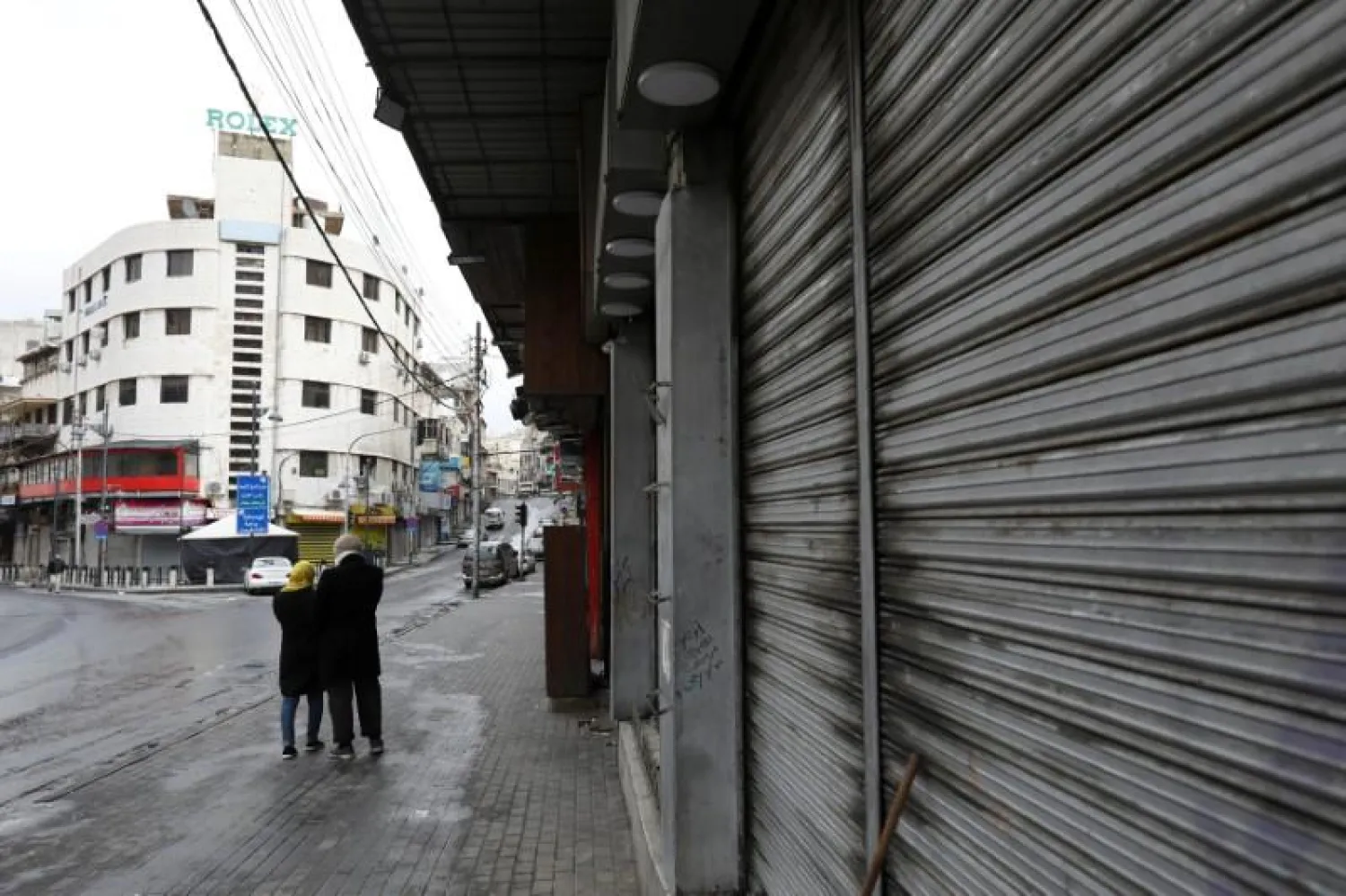Jordan announced a one-day lockdown on Friday until the end of this year, and the extension of the night curfew by two hours, to become between 11 pm and 6 am, to help curb the spread of the coronavirus.
The country saw a surge in COVID-19 infections, amid expectations that the numbers will further increase in the coming days.
The government also announced that schools and universities would remain shut and classes would be taught online, while nurseries remain closed during the first semester.
Prime Minister Bisher al-Khasawneh said that the country had entered a “difficult phase” amid concerns of a collapsing health system if the recorded infections continued to rise.
Health Minister Nizar Obeidat said Jordan had 1,300 hospital beds with 709 intensive care beds and 600 respiratory units, noting that it is possible to raise these numbers with the help of private and university hospitals.
Jordan now has 40,972 coronavirus infections with 414 deaths and 1,011 cases receiving treatment in hospitals, while the rest of the infected patients are under isolation at home.
Asharq Al-Awsat learned that over 19,000 infections were recorded in Jordan during the past 12 days, which is about half the total number of COVID-19 cases since the pandemic first hit the country in March.
Official numbers revealed that 270 deaths were recorded in less than two weeks.
Jordan conducted more than 70,000 tests over the past three days, which means coronavirus cases will reach a record high in the coming days, according to official medical sources.
Health authorities announced a community outbreak of the virus after losing control over several clusters in different cities and regions. However, the National Committee for Epidemics asserted its decision of a comprehensive lockdown on Fridays and an increase in night curfew hours.
The infections are mostly recorded in Amman and Zarqa governorates, both with the largest population densities.
Meanwhile, citizens have complained that public and private laboratories were late in giving test results, which exacerbates the ability to control the chains of infection.
Jordanian medical sources told Asharq Al-Awsat that in some cases, results would take six days to be released.
The sources concluded that the announced figures are those of confirmed cases that had gone into contact with others before being put in isolation, which will likely double the number of infections in the coming weeks.
They pointed out that it is crucial to separate citizens suspected of being infected and other patients in the emergency rooms to prevent the further spread of the virus.









